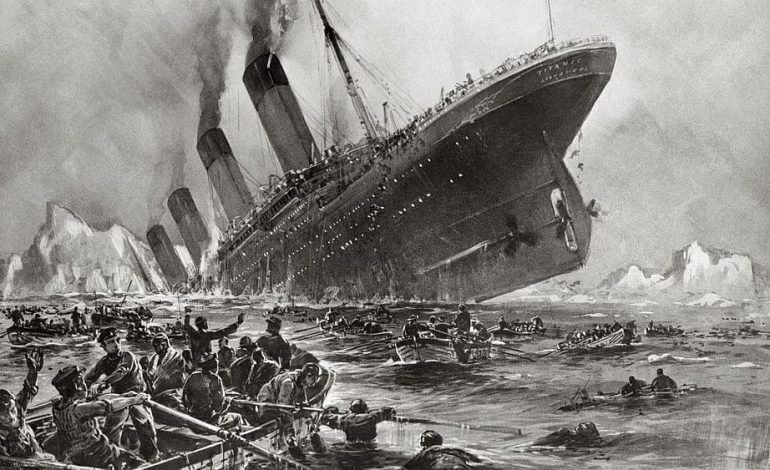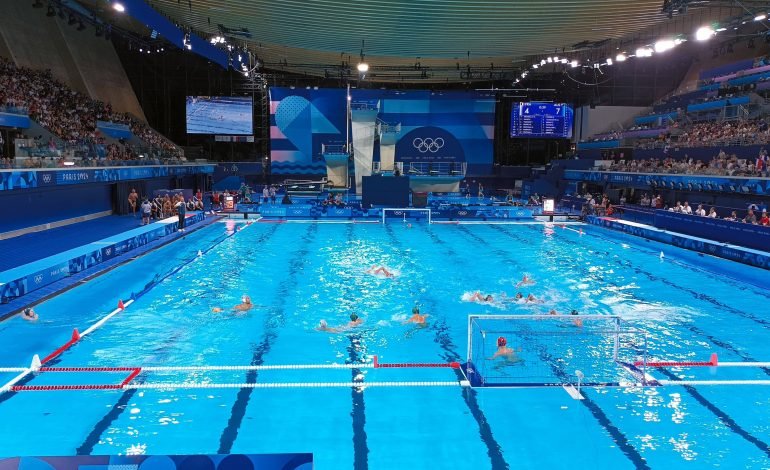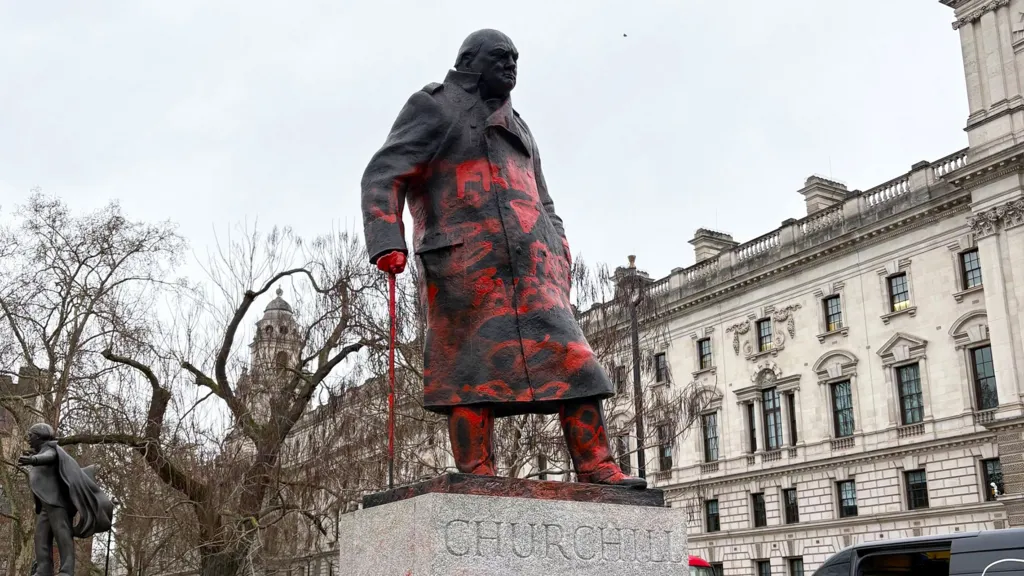UK Government Suspends Arms Exports to Israel Amid Legal Concerns Over Humanitarian Law

The UK Government suspends arms exports to Israel, citing legal concerns over potential violations of international humanitarian law, marking a significant shift in policy under the new administration. This marks the third time in just two months that the new government has outlined a different approach to Israel and the Middle East conflict compared to its predecessor. The decision, driven by a fresh assessment requested by Foreign Secretary David Lammy, raises legal concerns over whether Israel’s military actions could breach international humanitarian law.
Upon assuming office in early July, Lammy commissioned an evaluation of the evidence regarding Israel’s approach to the ongoing war, questioning its compliance with international law. This assessment, although conducted by the same officials as under previous administrations, has led to a different ministerial conclusion. Under the UK’s legal framework, particularly the Export Control Act 2002 and the Export Control Order 2008, stringent controls are mandated on goods exported for military use. As Business and Trade Secretary Jonathan Reynolds explained, the UK government’s rigorous legal review found a “clear risk” that military exports to Israel, particularly those used in Gaza, might be implicated in serious violations of humanitarian law.
While only about 30 out of 350 arms export licences to Israel are being suspended, representing less than 10% of the total, the symbolic weight of the decision has not gone unnoticed. Although the UK is not a major arms exporter to Israel, the suspension sends a powerful message in the realms of both international and domestic politics. The Israeli government, which was informed of the decision in private before it was made public, has expressed its disappointment.
Shadow Foreign Secretary Andrew Mitchell, a prominent figure in the previous Conservative government, initially refrained from criticism but later voiced concerns. He suggested that the suspension appeared to be a politically motivated attempt to appease Labour’s backbenchers without straining relations with Israel, a key Middle Eastern ally. Mitchell warned that the move might ultimately fail to satisfy either side.
Despite the political debate, senior government officials maintain that their decision to suspend certain export licences is not only a legal obligation but also a necessary measure reflecting the UK’s commitment to upholding international humanitarian standards. The suspension, they stress, is a matter of “deep regret” and highlights the complex balance the UK must strike between adhering to legal principles and maintaining strategic alliances.
For a detailed account of the UK government’s position, you can read Jonathan Reynolds’ full written statement. This suspension underscores the nuanced and often contentious nature of international arms exports, particularly when set against the backdrop of ongoing conflicts and shifting geopolitical landscapes.









